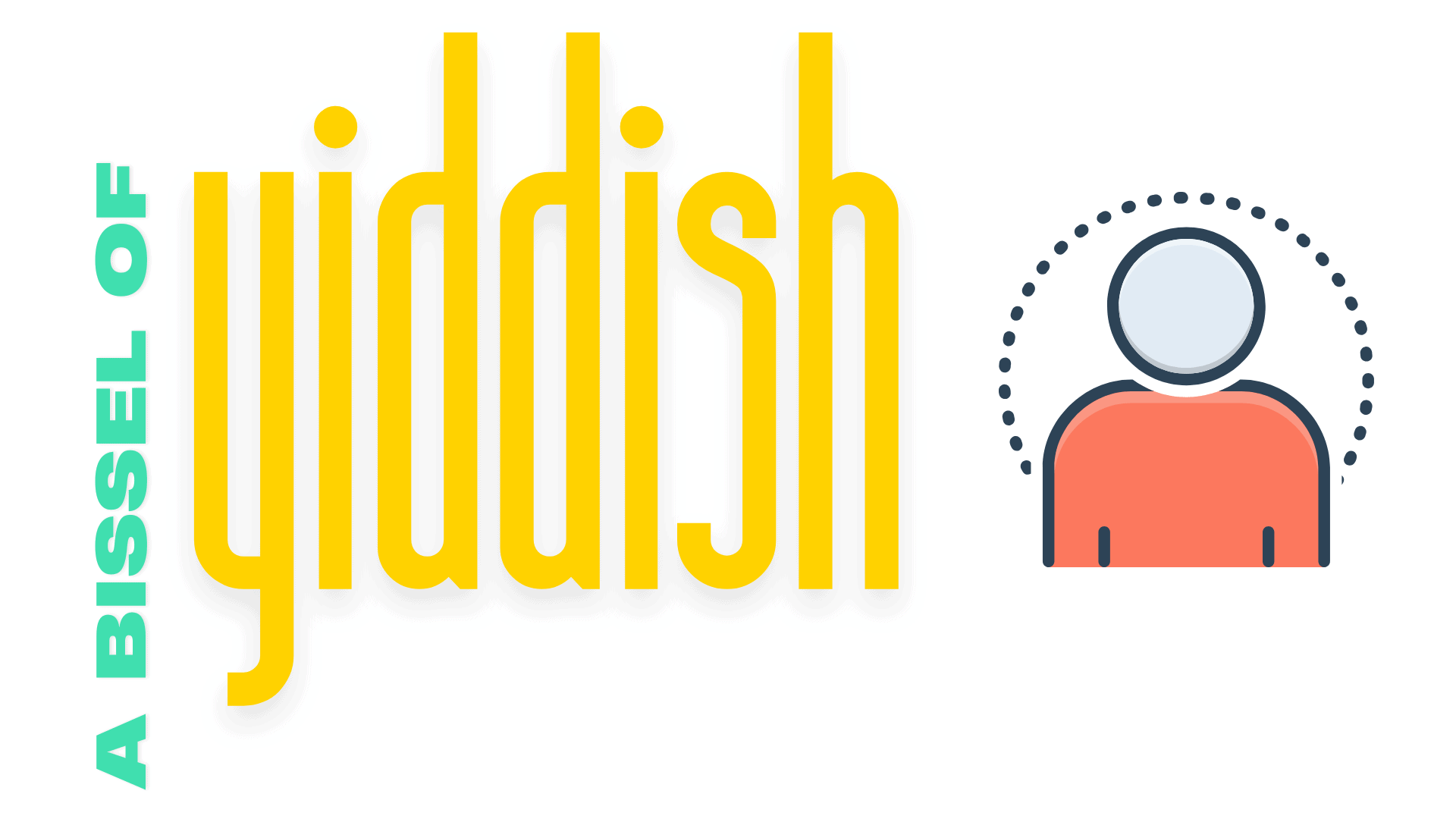A combination of High German and Hebrew, Yiddish is a language historically spoken by Ashkenazi Jews. Efforts are underway to keep the language alive through clubs, Youtube videos, classes, books, and performances.
In Tidewater, the Yiddish Club is making a comeback. Attendees at the monthly meetings are embracing Yiddish culture, language, and history with music, film, poetry, and literature. For information, go to www.Jewishva.org/YiddishClub.
Through A Bissel of Yiddish, Jewish News hopes to introduce and remind readers of a few Yiddish words and phrases. Bissel is Yiddish for ‘little,’ by the way.
Harry Graber is researching and compiling each installment.
Yiddish word for the holiday
Good Yontif
Ashkenazi Jews traditionally say “Good Yontif” before or during a holiday.
From Chabad.org: In biblical Hebrew, a holiday is known as a chag. In later years, this term was joined by yom tov, which literally means “good day.” Among Yiddish speaking Jews, this was often contracted into something sounding more like yontif. And when one wanted to wish his fellow a good yom tov, they would say gut yontif, which was often contracted into guchontif.
As Yiddish speakers poured into the U.S. at the end of the 19th and start of the 20th centuries, gut yontif was anglicized into “Good Yontif.”
Yiddish phrases for the holiday
Mir Vintshen eich a gut yor, a zis yor un a gebentsht yor.
We wish you a good year, a sweet year, and a blessed year.
Ir zolt zeine farshraybed aun tsetsliptin in der bukh fun leyben fa a yuhr fun. Gezunt, simkhe aun shalom.
May you be inscribed and sealed in the Book of Life for a year of health, happiness, and peace.
Ir zult namen eyerer kinder mit zich tzi dem yam odder taykh far avekh varfen dayn aveirahs beshas zogn der Tashlikh tefillah.
You should take your children with you to the river or ocean to throw away your sins during the saying of the Tashlich prayer.

